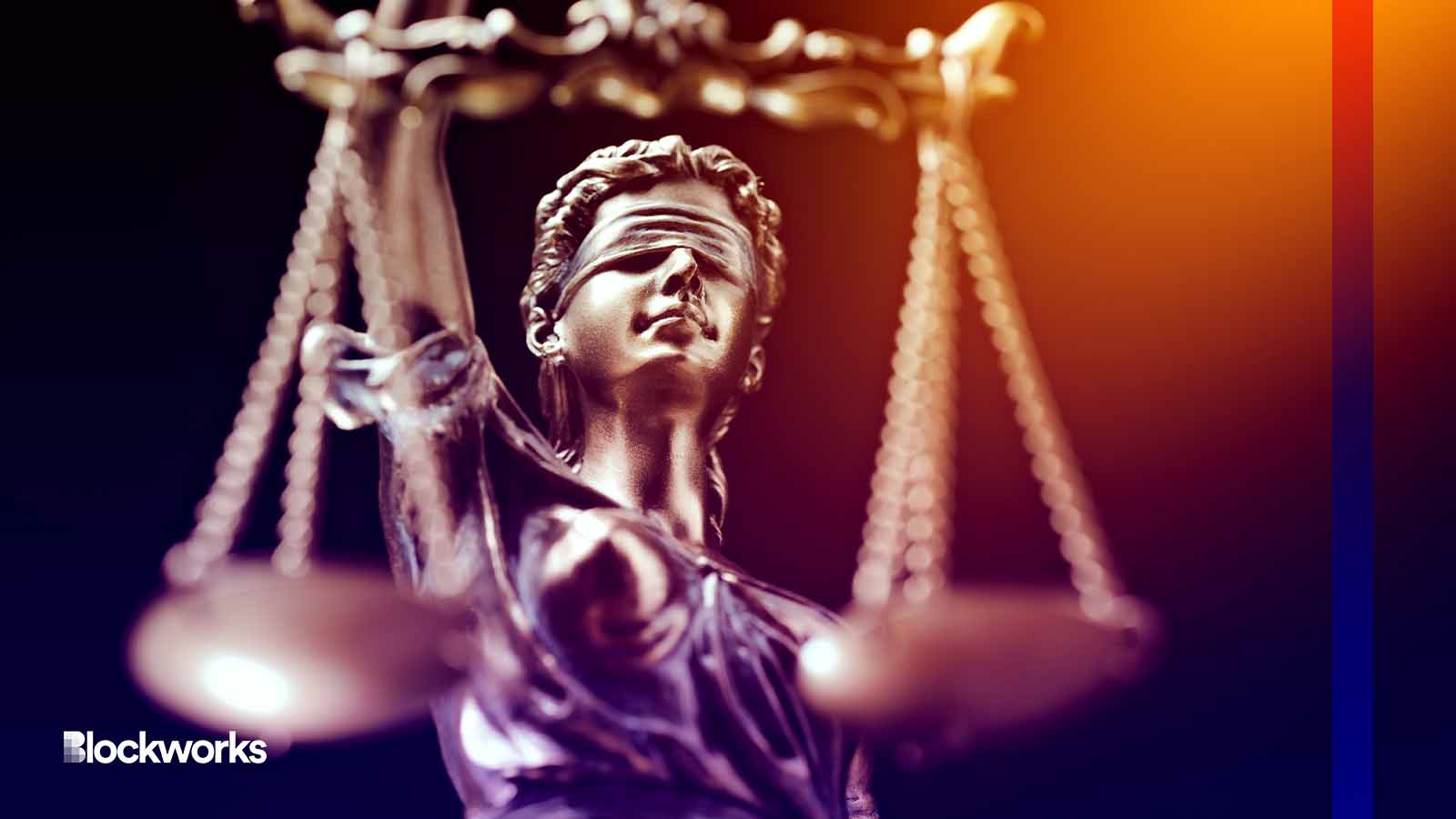Crypto Industry Bets on New Supreme Court Doctrine to Push SEC Out
A recent Supreme Court doctrine has the crypto industry hoping it can box Gensler out

Alexander Supertramp/Shutterstock modified by Blockworks
Crypto companies are clinging to a new US Supreme Court doctrine with hopes it will set the legal precedent for the SEC to step aside, but federal regulators are skeptical.
In a June 2022 decision, the Supreme Court sided with states challenging the Environmental Protection Agency’s right to regulate greenhouse gas emissions. Justices opted to adopt a formal doctrine, the major questions doctrine, which seeks to limit federal agencies’ power.
In the doctrine, the Supreme Court says that Congress does not delegate deciding the fate of “extraordinary” cases which deal with matters of significant political and economic impact to federal agencies, such as the EPA or SEC.
Coinbase cites the doctrine in its April 2023 response to the SEC’s Wells notice and incoming enforcement action. The SEC has no grounds to unilaterally make decisions about crypto, particularly when it comes to token classification, Coinbase’s legal team argued.
“An agency declaration that the majority of all digital assets, or more shockingly that all digital assets other than Bitcoin, are unregistered ‘securities’ that cannot legally be traded constitutes an obvious assertion of regulatory authority over a ‘significant portion of the American economy,’” Coinbase wrote in its preemptive Wells defense.
“Everything that we do as an agency is based upon the authorities Congress has given us,” SEC Chair Gary Gensler said during a keynote address at the 2023 Financial Markets Conference Monday. “Whether it’s the Fifth Circuit, the Supreme Court or any other circuit court opinion, we look at those closely…that we stay within our authorities in the law.”
Former Coinbase product manager Ishan Wahi also cited the doctrine in his defense. The SEC charged Wahi and associated affiliates for insider trading in July 2022. The SEC also named nine crypto tokens securities in the initial complaint.
In a February attempt to dismiss the case, Wahi used the major questions doctrine to raise questions about the SEC’s authority over crypto tokens and their trading.
“The SEC’s attempt to wring broad jurisdiction over digital assets from the text of the Depression-era securities laws or the spirit of Justice Murphy’s 1946 Howey opinion fits that doctrine to a tee,” Wahi’s team wrote in the February motion. “The SEC needs ‘clear’ statutory authority to regulate digital assets like the ones at issue. It does not have it here.”
Wahi pleaded guilty shortly after filing to dismiss. Given Wahi reached a settlement with the SEC, the agency is not expected to respond to the major questions about doctrine defense. Wahi was sentenced to two years in federal prison earlier this month.
In response to Coinbase’s demand for more regulatory clarity over the space, Gensler dismissed the argument by saying the crypto industry has ample information to act within the confines of the law.
“This is a field that has been operating largely non compliant,” Gensler said. “Our agency has put out rules about what it is to be an exchange, what it means to be a broker dealer, what it means to be an advisor or custody assets and how to register a securities offering. Those rules are in existence, and there’s nothing about a new technology that makes it non-consistent with the public policies.”
Get the news in your inbox. Explore Blockworks newsletters:
- The Breakdown: Decoding crypto and the markets. Daily.
- Empire: Crypto news and analysis to start your day.
- Forward Guidance: The intersection of crypto, macro and policy.
- 0xResearch: Alpha directly in your inbox.
- Lightspeed: All things Solana.
- The Drop: Apps, games, memes and more.
- Supply Shock: Bitcoin, bitcoin, bitcoin.





